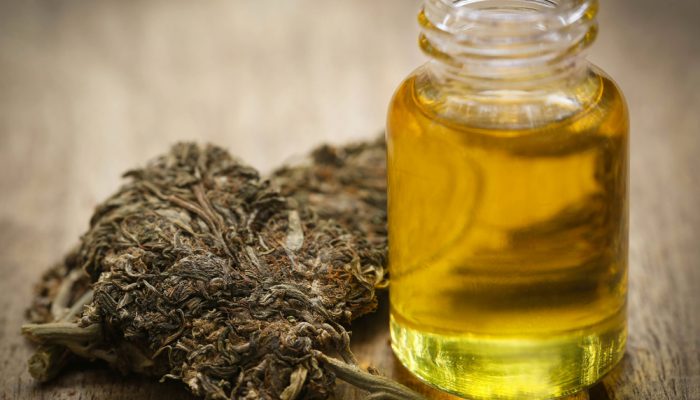A memo from the Obama-era administration outlined a hands-off approach when it came to dealing with legalized marijuana programs within different states. In other words, federal agencies were not forbidden to, but discouraged from, pursuing certain charges against people who possessed, used or cultivated marijuana in these states as long as they were following state law.
Attorney Jeff Sessions recently made a decision to rescind that protection and it could affect people in Pennsylvania, California, Colorado and several other states.
How This Could Affect Pennsylvanians
Medical marijuana was only recently made legal in Pennsylvania. Under the current program in the state, people with one or more of 17 qualifying conditions may be prescribed marijuana in oil, pill or ointment form. While the program is not yet in full implementation, it has taken numerous steps in getting there. Pennsylvania has set up temporary regulations, issued permits for dispensaries and growers, launched a practitioner registry and registered patients. The program is expected to be fully up and running this year.
There are many unknowns when it comes to Sessions’ decision. Officials don’t know whether his roll-back will affect only those states in which recreational use has been permitted, or also in the states that allow medicinal use. Pennsylvania Auditor General Eugene DePasquale said, “Our attorney general is stuck in the Dark Ages. He is using finite federal resources to fight a war against drugs that was lost decades ago. He showed just how clueless he really is by comparing marijuana to heroin.”
DePasquale is referring to comments made by Sessions in which the Attorney General equated using marijuana to the use of heroin. Marijuana is federally listed in the same class as the more addictive drug that has played into the current epidemic sweeping the country.
Who Could Be Affected?
Advocates of the use of medical marijuana have said that the current administration needs to put the rights of patients first. Marijuana has been proven to aid people suffering with certain conditions like PTSD, cancer and epilepsy. While the drug is certainly not a cure for these conditions, it can help alleviate anxiety in the case of PTSD, pain in the case of cancer, and lessen the instance of seizures in those with epilepsy.
For now, it is unclear just how far-reaching Sessions expects his directive to be. Officials in states where medical and/or recreational marijuana are legal don’t know how to proceed. Only time will tell how hard the federal government will be cracking down, where and in what scenarios.
Even though medical marijuana is legal in Pennsylvania, a person suspected of being high on the drug can be charged with driving under the influence when pulled over in Philadelphia. If you have found yourself in this situation, reach out to our office and arrange for a free case evaluation. We will review the details of your arrest and advise you of your legal options.
